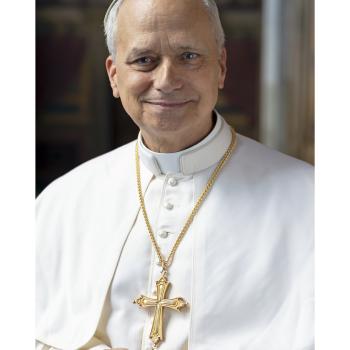During his campaign, President Donald Trump touted his support for work and promised to support working-class America. Such a promise raised eyebrows, coming from a real estate magnate such as himself. Growing division in the country has made people suspicious of any willingness on the part of the wealthy to help the poor and the middle class. Trump’s claim to support workers should be evaluated not just economically, but morally, against models like St. Joseph the Worker.
The conclusion of his first 100 days in office coincides nearly with May 1. He held a rally in Michigan, touting his achievements for workers during the first three months of his term. May Day is known for many different celebrations. This was originally a spring festival marked by traditions like the maypole. Now, May Day has become more closely associated with International Workers’ Day, a cause championed by socialist movements.
The Catholic Church’s View on Work
The Catholic Church has a long history of protecting the worker. Pope Leo XIII penned the encyclical Rerum Novarum in 1891. He was responding to the new realities of the world near the conclusion of the century marked by the Industrial Revolution. Pope Leo sought to affirm the dignity of workers and clarify their role within society. At the same time, he urged business owners to respect individual rights and resist reducing labor to mere profit.
Unfortunately, the Pope’s foray into the world’s understanding of economic forces did not have the desired effect. The Communist Party continued to make inroads in different countries, and soon it was clear that their concern for the worker was at odds with a proper Christian vision of humanity.

St. Joseph the Worker: A Catholic Response to May Day
Seeking to reclaim the meaning of May 1, Pope Pius XII made it the Feast of St. Joseph the Worker. It was simply not true that only the socialists cared about workers. In fact, from the birth of Christianity, the faithful had revered this man whose life was characterized by work and whose sustenance came from the fruit of his daily labor.
Beginning in the Book of Genesis, the dignity of human work has long been celebrated as a participation in the creative work of God. By work, humankind both fulfills the command found in Genesis to care for the earth (Gn 2:15) and to be productive in their labors. Saint Joseph, the carpenter and foster father of Jesus, is but one example of the holiness of human labor (Franciscan Media, “St. Joseph the Worker”).
Honoring Modern Labor Through Faith
As we celebrate the Feast of St. Joseph the Worker, we should think about all who labor well. At times, we may be tempted to think that work is something to avoid. Or we see the movement of jobs from one place to another as an irreconcilable evil. However, we are all called to participate in the dignity of work.
The Church considers it her task always to call attention to the dignity and rights of those who work, to condemn situations in which that dignity and those rights are violated, and to help to guide the above-mentioned changes so as to ensure authentic progress by man and society (Pope John Paul II, Laborem Exercens, 1).
As Trump claims to support the American worker, he would do well to reflect on the example of St. Joseph the Worker. St. Joseph chose to fulfill his duty in silence. He became the model for so many men and women down through the ages who fulfill their duty without seeking greater fanfare.
In an age of political rhetoric and shifting economic policies, we are reminded that true advocacy for workers begins not with headlines, but with humility, dignity, and a commitment to the common good—qualities embodied in the quiet witness of St. Joseph.
Subscribe to the newsletter to never miss an article.


















